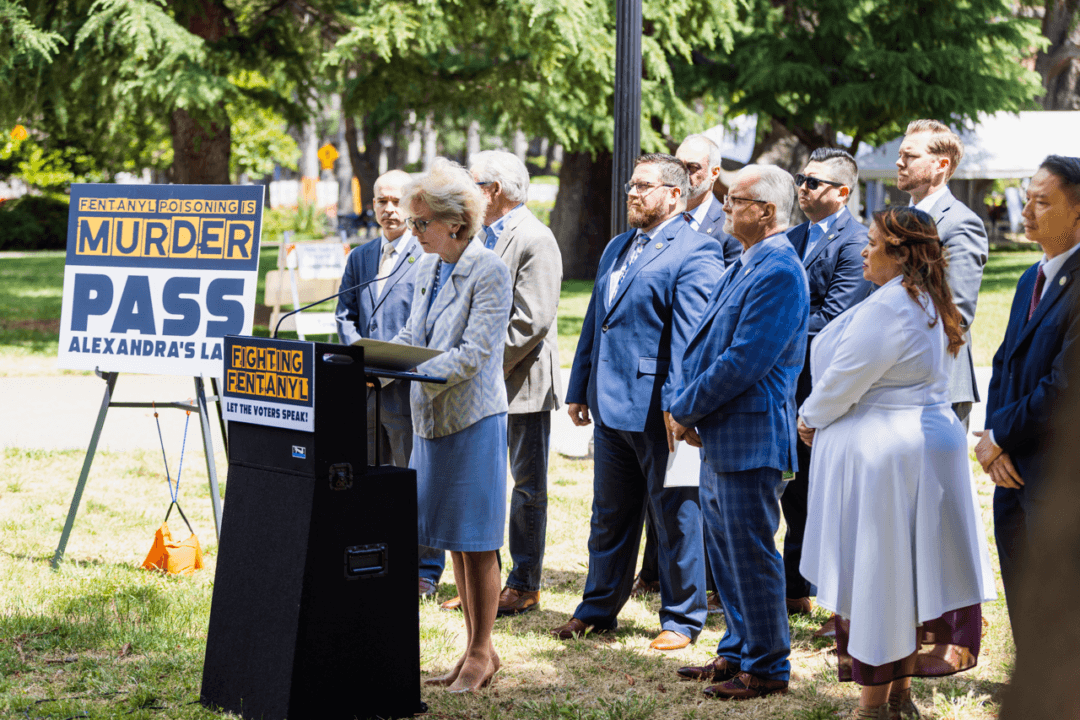With a fentanyl-related bill stalled in committee, California state Republican lawmakers sought an alternative solution Sept. 5 in Sacramento and tried to bring the matter directly to the Assembly floor—only to meet stiff resistance, with all but one Democratic member voting in opposition.
“I’m greatly disappointed because it is evident to all Californians that we have a public health crisis with the toxic drug known as fentanyl,” co-author of the proposal Assemblywoman Diane Dixon (R-Newport Beach) told The Epoch Times after the floor vote.





